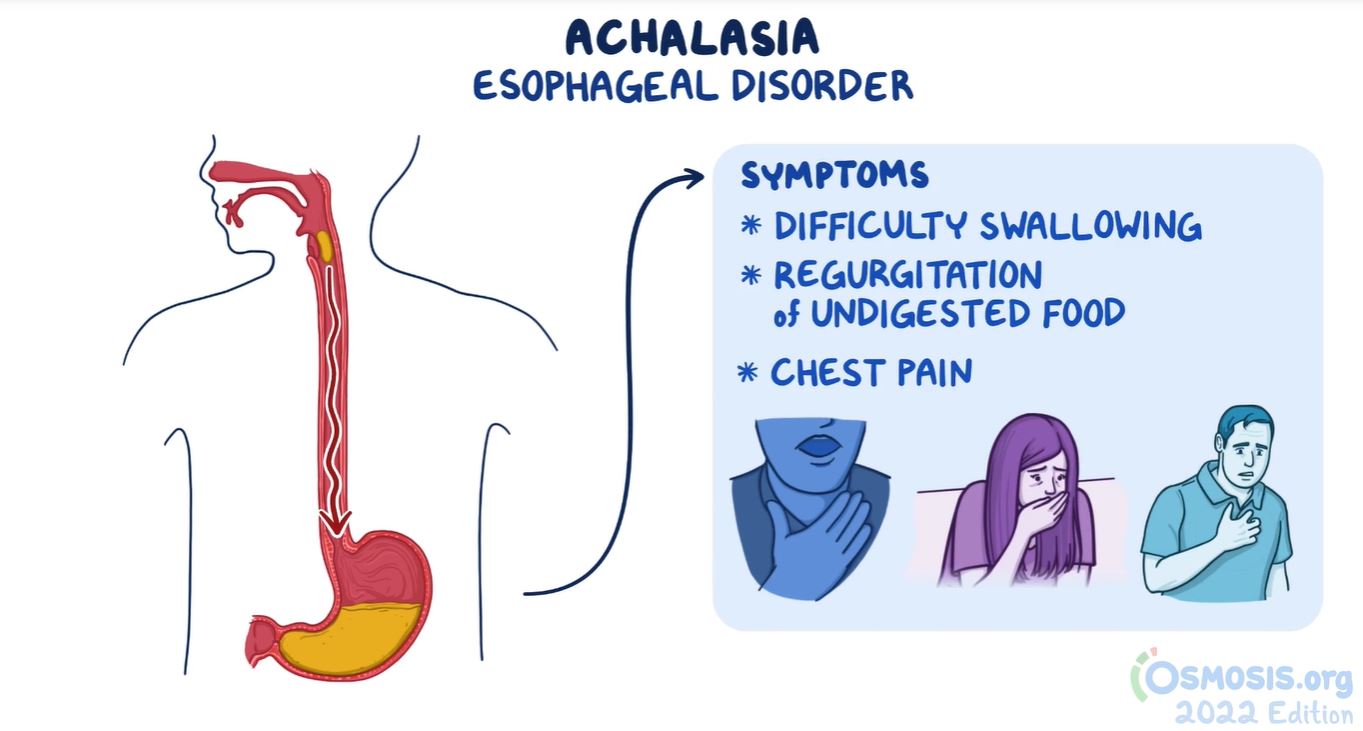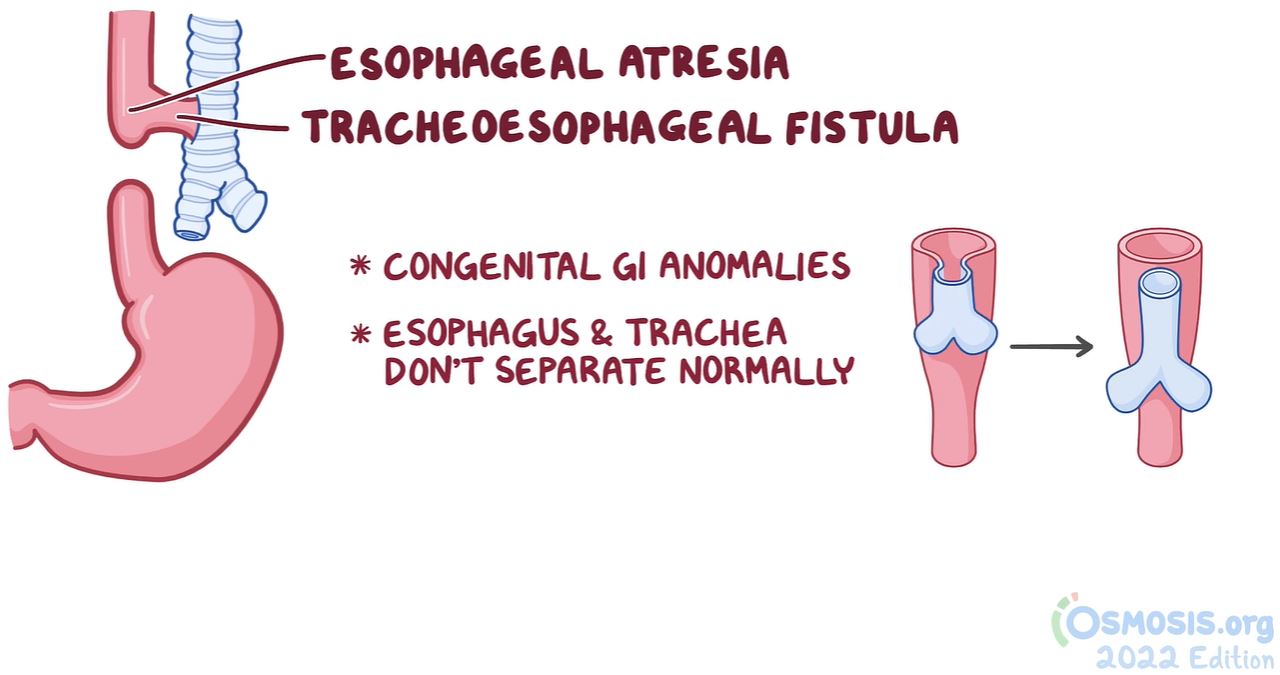Oncogenic Viruses, Volume 2: Medical Applications of Viral Oncology Research, 2023, Pages 173-189
Intelligent Environments: Advanced Systems for a Healthy Planet, Second Edition, 2023, pp 285-322
Pierre Boissery, Philippe Lenfant, Gilles Lecaillon, Anaïs Gudefin, Sebastien Fonbonne, Mohamed Selfati, Najib El Ouamari, Robert Brunet, Free Espinosa, Hocein Bazairi, Chapter 7 - The ecological restoration: A way forward the conservation of marine biodiversity, Editor(s): Free Espinosa,
Coastal Habitat Conservation, Academic Press, 2023, Pages 171-191, ISBN 9780323856133


